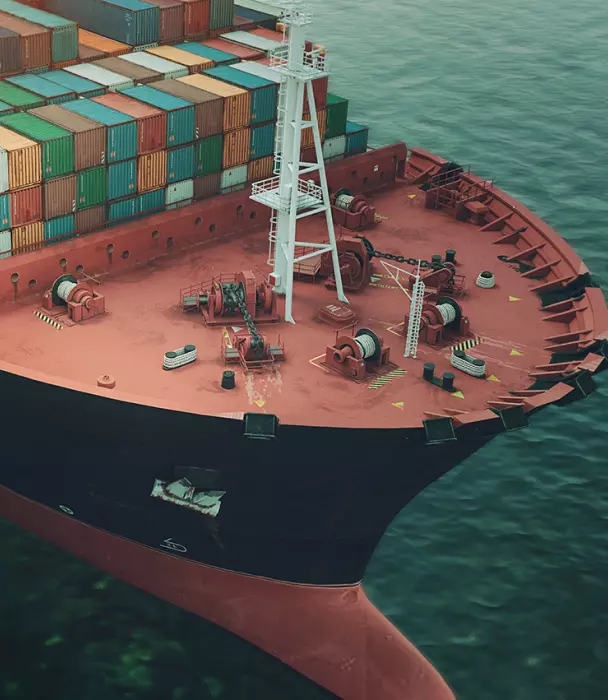When it comes to shipping goods internationally, the choice between air freight and sea freight can significantly impact your business's efficiency, cost-effectiveness, and overall logistics operations. Understanding the differences between these two modes of transportation is crucial in making an informed decision. In this article, we will compare air freight and sea freight, highlighting their pros and cons, to help you determine which option suits your specific needs.
Air Freight: Speed and Efficiency
Air freight is known for its speed and efficiency, making it an ideal choice for time-sensitive shipments. With airplanes flying at high speeds, goods can be transported to their destinations much quicker compared to sea freight. This expedited delivery is particularly beneficial for industries such as technology, fashion, and perishable goods, where speed is a critical factor.
Main Pros of Air Freight:
-
Speed: Air freight provides faster delivery, reducing lead times and meeting urgent deadlines.
-
Reliability: Air shipments are known for their reliability, with airlines adhering to strict schedules.
-
Security: The tight security measures in airports contribute to reduced risks of theft or damage to goods.
-
Global Reach: Air freight networks cover an extensive range of destinations worldwide, allowing for broad connectivity.
Main Cons of Air Freight:
-
Cost: Air freight costs are typically higher compared to sea freight due to its speed and efficiency.
-
Limited Capacity: The limited space on airplanes may restrict the volume and size of goods that can be shipped.
-
Weight Restrictions: Airlines enforce weight restrictions, which may be a challenge for heavy or oversized shipments.
-
Environmental Impact: Air freight contributes to higher greenhouse gas emissions compared to sea freight, making it less environmentally friendly.
Sea Freight: Affordability and Capacity
Sea freight offers affordability and capacity, making it a preferred choice for businesses shipping bulk or heavy cargo. Although it is slower than air freight, sea freight can be highly cost-effective for long-distance shipments and non-urgent deliveries. Industries such as automotive, manufacturing, and bulk commodities often rely on sea freight for their transportation needs.
Main Pros of Sea Freight:
-
Cost-Effective: Sea freight is generally more cost-effective, particularly for large volumes and long-distance shipments.
-
Greater Capacity: Ships have larger cargo capacities than airplanes, allowing for the transportation of bulk cargo.
-
Flexibility: Sea freight accommodates various types of cargo, including oversized or heavy items.
-
Environmental Friendliness: Sea freight has a lower carbon footprint compared to air freight, contributing to environmental sustainability.
Main Cons of Sea Freight:
-
Longer Transit Times: Sea freight is known for longer transit times, which may not be suitable for time-sensitive shipments.
-
Weather Dependencies: Adverse weather conditions and natural events can lead to delays and disruptions in sea freight operations.
-
Documentation and Customs: Sea freight often involves more complex documentation and customs procedures that require careful management.
In summary, the choice between air freight and sea freight depends on a variety of factors including speed, reliability, connectivity, capacity and more. Businesses must weigh these factors against their specific needs and priorities to choose the most suitable mode of transportation for their shipments. By understanding the strengths and limitations of each mode, companies can optimize their logistics operations and ensure efficient, cost-effective delivery of goods across the globe.
Remember, it's essential to work with experienced logistics providers who can offer expertise and guidance in selecting the most suitable transportation mode for your specific needs.


